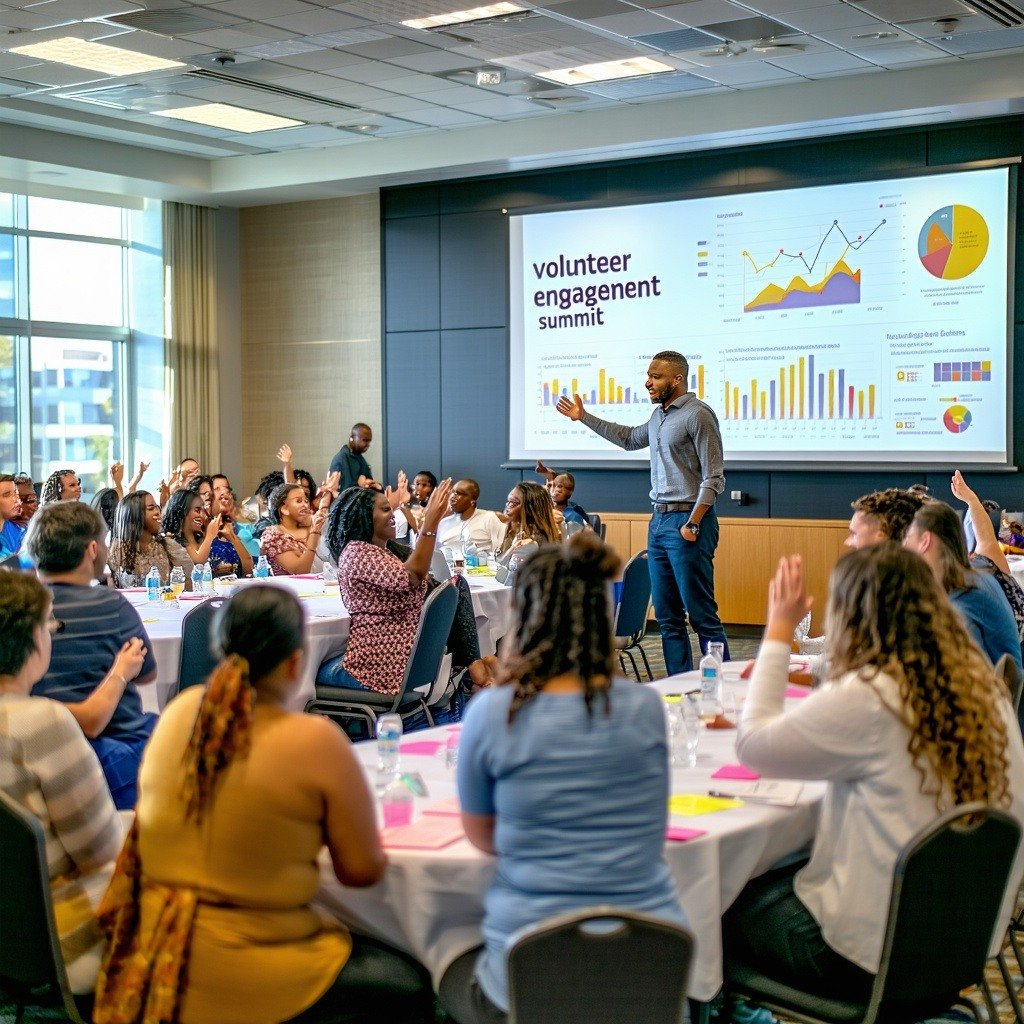Resources for Volunteer Engagement Professionals
One of the many things I love about being a volunteer engagement professional is how supportive the volunteer engagement community is, and the many...

Are you where you want to be in your career? Do you have the position you would like at your current organization? Does your volunteer strategy look on paper and/or in reality reflect how you envision it in your head? If the answer to any of these questions is NO, you are not alone. Keep reading. The truth is, it’s not what you know that limits you. It’s what you don’t know that is secretly holding you back.
We often assume that hard work alone will carry us forward. But in reality, unseen gaps in knowledge, skill, mindset, or perspective can create invisible barriers that we unintentionally allow to hold us back. These blind spots don’t just slow us down—they can reroute the entire trajectory of our careers.
Now, the Comfort Zone gets a bad rap. The comfort zone itself isn’t such a bad thing, because well, you are comfortable. If you are happy where you are in your career and fulfilled, that is something to celebrate. However, if you want to grow as a professional and/or elevate in your career, the Comfort Zone can be your greatest enemy. If you’ve never stepped outside the nonprofit volunteer engagement arena, you are missing out on tools, strategies, or even entire careers better suited for you that you had no idea existed. I mean, have you ever heard of a Scrum Master?
There’s a cost to not knowing—and it often comes in the form of missed opportunities, wasted time, and stunted growth. Speaking of wasted time, for example, I once wasted one hour recreating a policy that had I just read the organization’s volunteer handbook in its entirety, I would have discovered the policy didn’t need to be created from scratch, but maybe just updated.
Lesson learned and here’s the good news: Once you’re aware that your unknowns are holding you back, you’re already taking one step forward. For example, I won’t be coming up with any bright ideas for policies until I have read the volunteer handbook in its entirety. What does this example look like for you?
It’s not a weakness to not know something— admitting it to yourself is actually wisdom. The most successful people aren’t the ones who know it all. They’re the ones who keep asking, listening, and learning. Once you know what you don’t know, you can take the steps you need to be in the know. Good luck on your journey and continue to learn and discover what you don’t know.
If this topic resonated with you, be sure to check out Nicole’s recent webinar, What You Don’t Know is Holding You Back: The Case for Professional Development (at any stage). You can watch the recording here: betterimpact.com/webinar-resources/alive-webinar.
Featured Posts

One of the many things I love about being a volunteer engagement professional is how supportive the volunteer engagement community is, and the many...

If your nonprofit is like most, you collect and store a lot of data. Data provides a foundation for many of your day-to-day activities, from...

You know that sinking feeling when another volunteering initiative gets shelved because "it's not a strategic priority"? Or when your board questions...